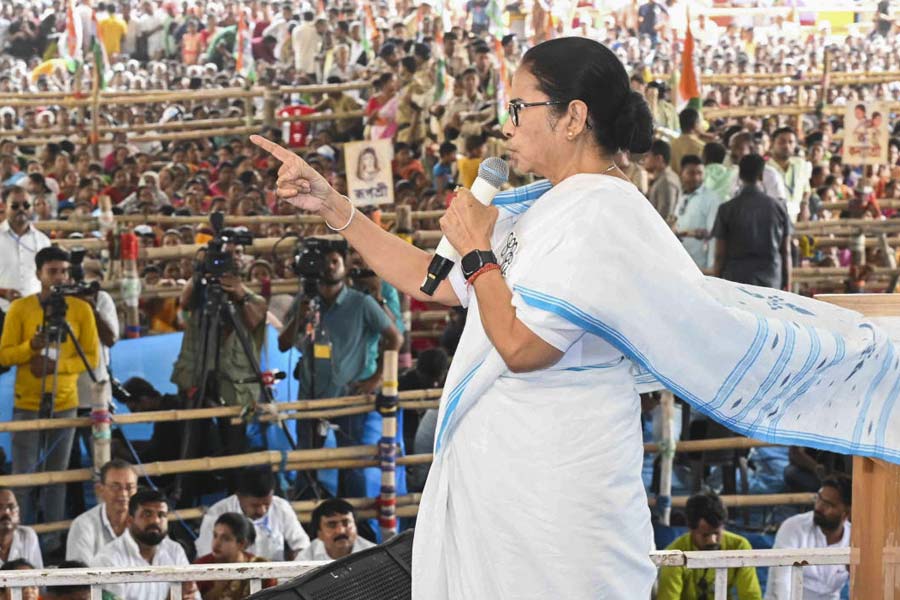The cancellation of around five lakh other backward classes certificates in West Bengal by a Calcutta High Court division bench has, once again, exposed the contradictions plaguing the reservations policy. The petition before the court pointed out that a large percentage of OBCs in the state come from the largest minority community. The court’s reasons for the cancellation indicate that the OBC quotas in the state were illegally given to a specific religious minority group without following the protocols necessary to establish its backwardness and lack of representation. Reservations on the basis of religion are unconstitutional. The quotas date back to 2010 when the Communist Party of India (Marxist) government was in power. It created a subclass of most backward classes, and the majority of groups included in it were from the largest minority community. The revelations of the Sachar Committee report and recommendations of the Ranganath Mishra Commission formed the context of the government’s decision. So the basis of the quota, professedly, was backwardness — many were converts from scheduled castes — not religion, an argument repeated by the Mamata Banerjee government when the OBC umbrella became more extensive.
Veering from the straight and narrow in the matter of reservations invites controversy. Hence, the Calcutta High Court’s judgment in this case is unsurprising. The court may have at last found time to rule on a 2012 petition. It so happened that the judgment came in the middle of the Lok Sabha elections, as did the high court's earlier ruling to scrap the appointments of around 26,000 school employees, which was later stayed by the Supreme Court. The justice system has nothing to do with political schedules. But politics embraces judgments with elation when they appear to provide substance to electoral campaigns. The prime minister, who regularly declares that the Opposition will deprive the majority community of quotas to distribute them among those who call on jihad for reasons of appeasement, described the court’s ruling as a "tight slap" for INDIA. Yet in 14 states and Union territories, including Gujarat, groups from the minority community are included in the OBC list because of social and economic backwardness. The court, however, ruled on reservations for one group alone in one state. Dominant caste groups claiming social backwardness elsewhere or upper castes labelled economically weaker need not necessarily invite scrutiny.










